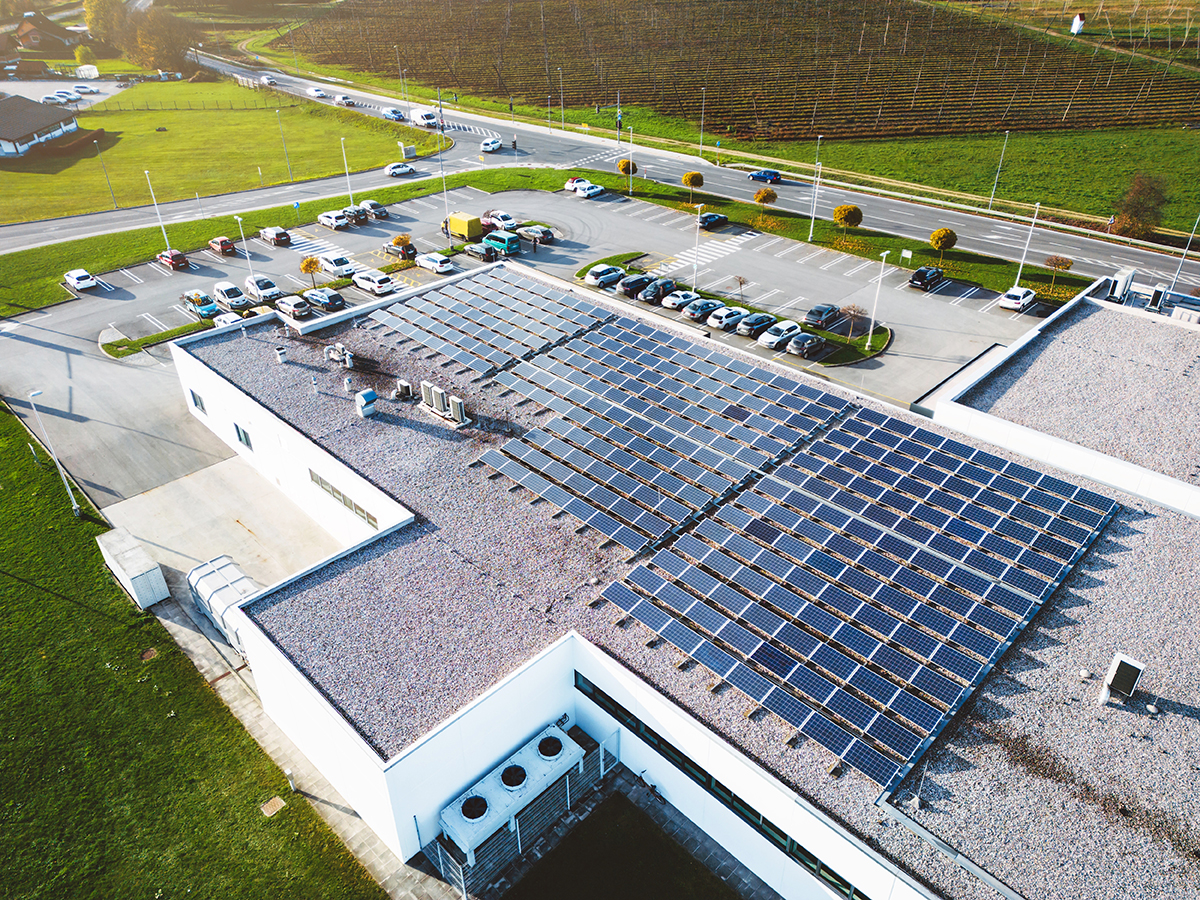At EnergyEfficiency, we help businesses get the highest quality solar PV installations that will transform their energy usage.
Working with the best companies working in the solar industry in Ireland, we will connect your business with installers who guarantee first class workmanship, top-tier components, and long lasting customer service relationships.

Future Proofing Your Business
Solar panels generate immediate and impactful savings for businesses now, while also safeguarding them heading into the future in a variety of ways.
Solar Panels for Different Sectors
There is a wide range of small and medium sized businesses in different sectors which can start reducing their energy bills quickly by installing solar panels.
Why Choose Energy Efficiency Ireland
At EnergyEfficiency.ie we have built a network of the best rated solar installers in Ireland, with proven track records of customers satisfaction in both residential and commercial solar systems.
We provide you with quick access to and quotes from the best installers locally and nationwide, so that you can hit the ground running on your solar project.
Our assessment form provides solar installers with the basics of your needs and expectations so they can dive right into providing you with an in depth proposal.
How does the Process Work?
Case Study
Meet Architectural & Metal Systems who are on track to save a phenomenal €200,000 per year in energy bills.
Get a Grant for Your Solar Panels
There are multiple sources of grant funding and financial support for businesses investing in solar panels. The simplest of these is the SEAI Non-Domestic Microgen Grant, which offers up to €162,600 for businesses to install solar panels.


